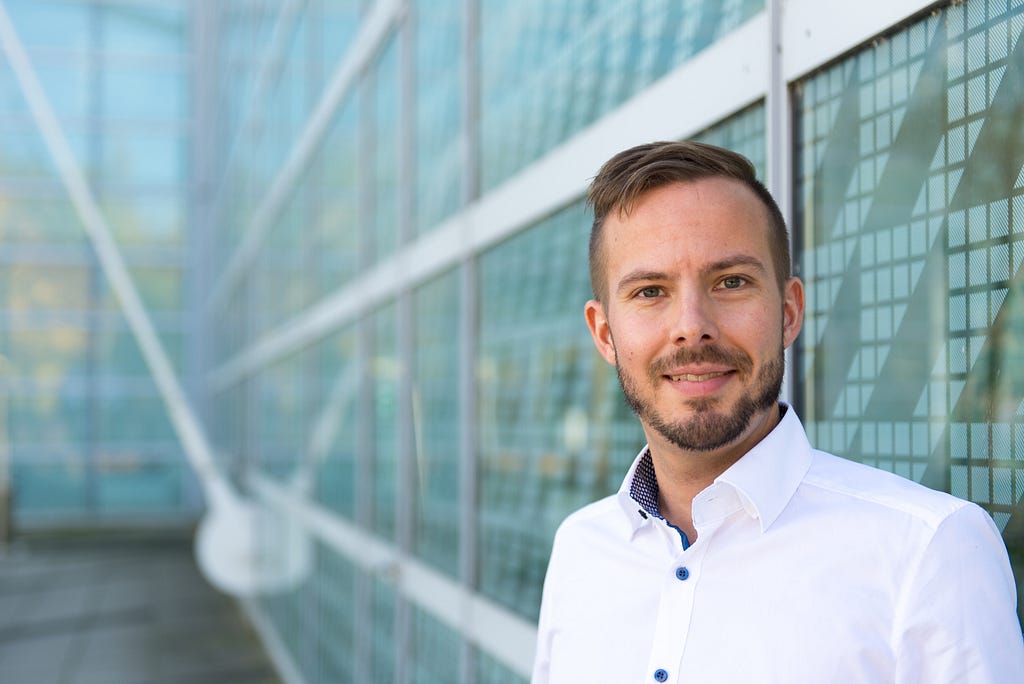how e-Residency helped enable this german digital nomad’s journey
Christoph Huebner's e-Residency journey and life as a location independent serial entrepreneur

What does your company do?
So actually we are still the only ones going this specific way in our market for several years now!
What motivates you to do your business?
What has e-Residency done or not done for you so far?
Just do it. Period.
More from e-Residency
- Sign up for our newsletter
- Watch fresh video content - subscribe to our Youtube channel
- Meet our team and e-residents - register for our next Live Q&A